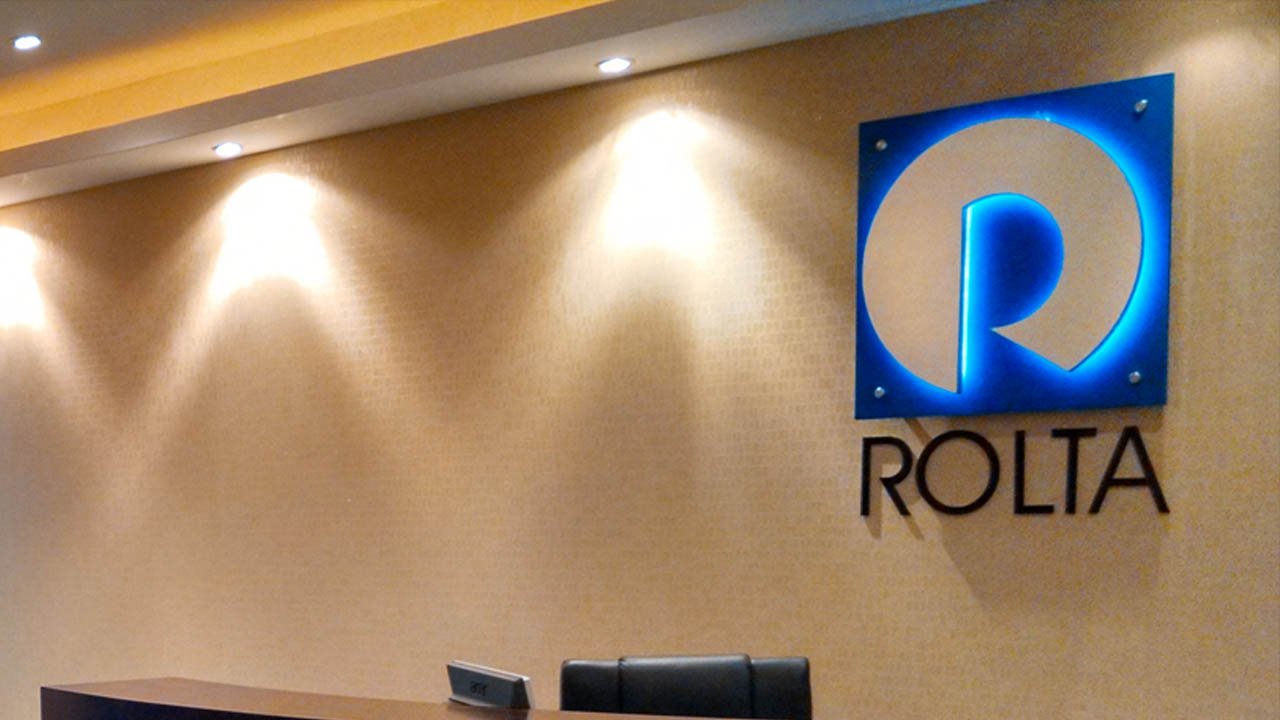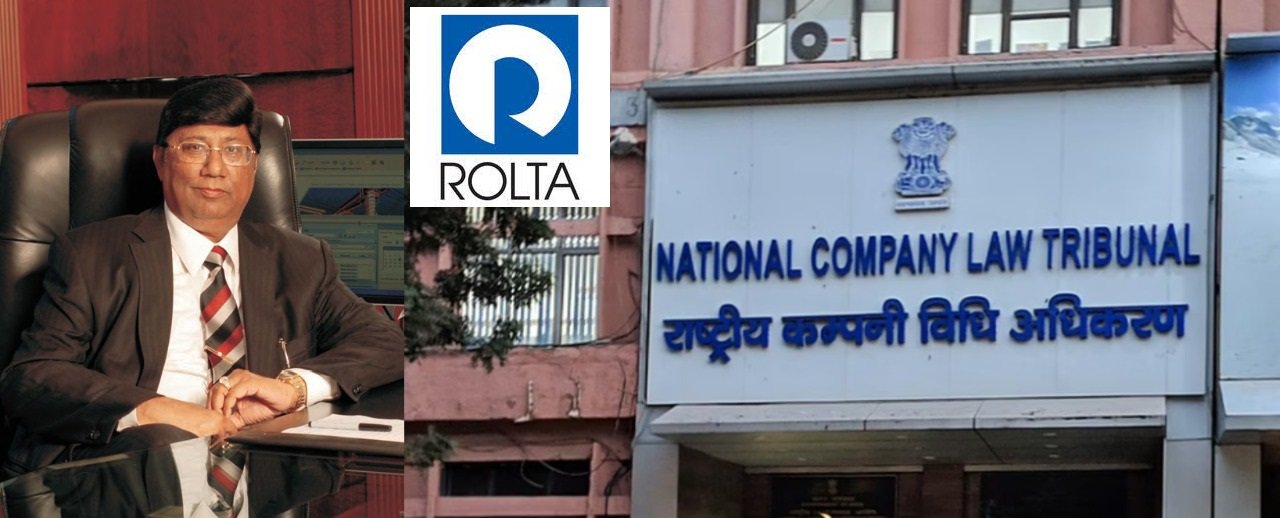Patanjali’s All-Cash Bid Offer Of Rs 830 Crore, A Game-Changer In The Race To Acquire Rolta India
Patanjali Ayurved, renowned for its presence in the consumer goods sector, has recently made headlines by venturing into the arena of corporate acquisitions. With an all-cash offer of approximately ₹830 crore, Patanjali has expressed interest in acquiring Rolta India, a technology firm facing financial challenges. The unexpected move comes amidst the backdrop of a bidding process where Pune-based Ashdan Properties emerged as the leading bidder for Rolta India. Patanjali's late entry into the fray has sparked interest and debate within financial circles, adding a new dimension to the ongoing proceedings.

Patanjali Ayurved has recently thrown its hat into the ring for the acquisition of Rolta India, offering an all-cash deal amounting to approximately ₹830 crore.
The move comes shortly after Ashdan Properties, based in Pune, emerged as the top bidder for Rolta India, as declared by banks towards the end of last week.
Patanjali’s bid came after the bidding process had officially concluded, prompting the company to seek intervention from the Mumbai bench of the National Company Law Tribunal earlier this week.
In a Thursday hearing, amidst objections from Ashdan Properties, the tribunal delegated the decision to the committee of creditors regarding the consideration of Patanjali’s offer.
According to a source familiar with the matter, the proposed offer falls within the range of ₹820 crore to ₹830 crore, significantly surpassing previous proposals in terms of upfront payment and financial stability, owing to Patanjali’s substantial cash reserves.
However, while presenting a welcome conundrum for lenders, the decision on how to proceed now rests with them.
With legal consultations underway, lenders are deliberating whether to initiate a fresh bidding process. Despite plans being submitted last month and a winning bidder already identified, there’s a growing sentiment among lenders to explore new avenues to ensure fairness and maximize value.

A second insider emphasized the strength of Patanjali’s bid and the importance of considering it, suggesting the possibility of inviting renewed interest from all parties to uphold equitable opportunities.
In response to queries, Patanjali Ayurved’s spokesperson, SK Tijarawala, confirmed the company’s engagement with relevant authorities and expressed readiness to present a comprehensive plan when permitted.
However, Tijarawala remained discreet regarding the rationale behind Patanjali’s interest in a technology-oriented company, declining to elaborate further on the matter.

Rolta India’s Debt Story
Kamal Singh-promoted Rolta India, primarily focused on defense-oriented software solutions, entered the bankruptcy process in January 2023.
With debts totaling nearly ₹14,000 crore, the company owes ₹7,100 crore to banks, led by Union Bank of India (UBI), and another ₹6,699 crore to unsecured foreign bondholders, led by Citigroup.
According to reports on January 29, Ashdan Properties proposed a bid of ₹760 crore on a net present value (NPV) basis, translating to a recovery of less than 6% on the total debt and approximately 11% for secured financial creditors led by Union Bank of India.
In contrast to Ashdan Properties’ offer, Patanjali Ayurved’s bid stands out for its lack of deferred payments, presenting a fully upfront proposition. This characteristic potentially elevates its value, as reflected in its offering of ₹830 crore, promising a recovery rate of close to 12% for secured creditors.
A third individual familiar with the discussions speculated on various motives behind Patanjali’s interest, including potential gains from Rolta’s real estate assets, particularly in Mumbai, and tax benefits derived from Rolta’s accumulated losses.
Additionally, Patanjali’s endeavors in developing a mobile application, OrderMe, for home delivery, could factor into its strategic interest in acquiring a software company like Rolta.
The committee of creditors is scheduled to convene next week to deliberate on its subsequent actions, following the solicitation of legal advice
Rolta India’s journey into debt traces back to 2016 when it encountered its initial default on foreign currency loans from Indian banks.
This default marked the beginning of a tumultuous financial period for the company, exacerbated by various factors contributing to its indebtedness.

One significant factor behind Rolta India’s debt accumulation is the persistent delays in payments, particularly from the Indian government. These delays, coupled with banks’ hesitancy to extend further credit, created a liquidity crunch, impairing Rolta’s financial stability.
Moreover, Rolta resorted to heavy borrowing from both domestic banks and financial institutions, as well as tapping into the overseas bond market to meet its financial obligations and sustain its operations. The reliance on borrowing further escalated its debt burden, placing additional strain on its financial resources.
A considerable portion of Rolta’s debt can be attributed to its ambitious investment in the Battlefield Management System project. The strategic initiative, while promising in terms of technological advancements, required substantial financial backing, leading Rolta to secure additional funds through borrowing.
However, this investment appears to have contributed significantly to the company’s financial woes rather than alleviating them.
The culmination of Rolta India’s financial challenges came to a head in February 2023 when Union Bank of India took the decisive step of initiating insolvency proceedings against the company.
This action followed Rolta’s default on a substantial payment of Rs 1,413 crore to a consortium of lenders, underscoring the severity of its financial predicament.
Prior to this, in May 2021, Rolta India found itself admitted for insolvency proceedings following an application filed by trade creditors, primarily comprising former employees seeking overdue payments.
The event marked another chapter in Rolta’s struggle with financial distress, further highlighting the depth of its indebtedness and the complexities surrounding its financial restructuring efforts.
The Last Bit, Rolta India’s descent into debt since 2016 has been marked by a series of challenges stemming from delayed payments, limited credit access due to banks’ reluctance, and heavy reliance on borrowing.
The company’s ambitious investments, notably in projects like the Battlefield Management System, strained its financial resources further, culminating in insolvency proceedings initiated by Union Bank of India in February 2023, following a substantial default.
The admission for insolvency proceedings in May 2021, prompted by trade creditors seeking overdue payments, further underlines the depth of Rolta’s financial struggles.
These events collectively spotlight the complex journey of Rolta India and its efforts to manage financial turmoil and pursue avenues for restructuring amidst significant indebtedness.



